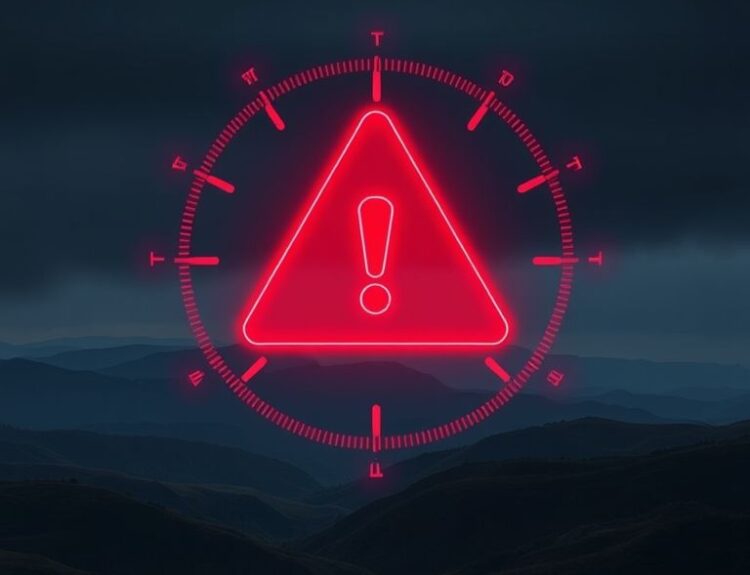Okay, let’s be real. Algorithm updates from Google can feel like a punch to the gut, right? You see those rankings dip, and suddenly everyone’s asking questions. But panic never helps. I recently came across a super helpful article on Search Engine Journal, “Ask An SEO: How To Manage Stakeholders When An Algorithm Update Hits” by Helen Pollitt, and it got me thinking about the best way to navigate these tricky situations.
The core message? Stay calm, stay data-driven, and think long-term. Easier said than done, I know. But trust me, it’s the only way to keep your head above water and keep leadership from freaking out.
Think of it this way: Google updates its algorithm thousands of times a year. While most are minor, Search Engine Watch notes that there are several major updates each year that can significantly impact search rankings. So, it’s not a matter of “if” but “when” the next one will hit. And when it does, your reaction is everything.
So, how do you keep everyone on board when the SEO sky seems to be falling?
- Data is Your Best Friend: The knee-jerk reaction might be to make sweeping changes, but hold on! Dig into the data. What keywords are affected? Which pages took the biggest hit? Tools like Google Analytics and Search Console are your allies here. Identify the specific impact before you start making moves.
- Communicate Clearly and Often: Don’t hide from the bad news. Be upfront with stakeholders. Explain what happened, what you’re doing to investigate, and what your plan is for recovery. Transparency builds trust, even when things are tough.
- Focus on the Long Game: SEO isn’t a sprint; it’s a marathon. Algorithm updates are a part of the race. Instead of chasing quick fixes, focus on building a strong, sustainable SEO strategy. This means high-quality content, a user-friendly website, and a solid backlink profile. Did you know that sites with high-quality content are 400% more likely to rank higher in Google? So, prioritizing great content is always a good idea.
- Educate Your Stakeholders: Not everyone understands the intricacies of SEO. Take the time to explain how algorithm updates work and why they happen. Help them understand that fluctuations in rankings are normal and that a long-term strategy is key.
- Don’t Be Afraid to Adjust: While a long-term strategy is important, you also need to be flexible. If the data suggests that certain tactics aren’t working, be willing to adjust your approach. The SEO landscape is constantly changing, so you need to be able to adapt.
5 Key Takeaways for Managing Algorithm Update Panic:
- Don’t panic! A data-driven approach is always best.
- Transparency is key. Keep stakeholders informed.
- Focus on long-term, sustainable SEO practices.
- Educate stakeholders about the realities of SEO.
- Be flexible and willing to adapt your strategy.
Algorithm updates are inevitable, but with the right approach, you can navigate them successfully and keep your stakeholders happy (or at least, less stressed!).
FAQ: Algorithm Updates – Your Burning Questions Answered
-
What is a Google algorithm update?
It’s a change Google makes to its search ranking system to provide better search results. -
How often does Google update its algorithm?
Google updates its algorithm thousands of times a year, with several major updates. -
How do I know if my website has been affected by an update?
Monitor your website traffic, keyword rankings, and overall search visibility using tools like Google Analytics and Search Console. A sudden drop in traffic or rankings could indicate an algorithm update impact. -
What should I do immediately after an algorithm update?
Don’t panic. Analyze the data to understand the impact before making any changes. -
What are some common factors that Google considers when ranking websites?
Content quality, website speed, mobile-friendliness, user experience, and backlinks. -
Is it possible to recover from an algorithm update penalty?
Yes, by identifying the issues that caused the drop in rankings and implementing a long-term SEO strategy. -
How long does it take to recover from an algorithm update?
It depends on the severity of the impact and the changes you make. It can take weeks or even months to see significant improvements. -
Should I stop all my SEO efforts during an algorithm update?
No, continue focusing on building a strong, sustainable SEO strategy. -
What is E-E-A-T and why is it important?
E-E-A-T stands for Experience, Expertise, Authoritativeness, and Trustworthiness. Google uses these factors to evaluate the quality of content and websites. -
Where can I stay updated on Google algorithm updates?
Follow reputable SEO blogs and industry experts, and monitor Google’s official communication channels.






